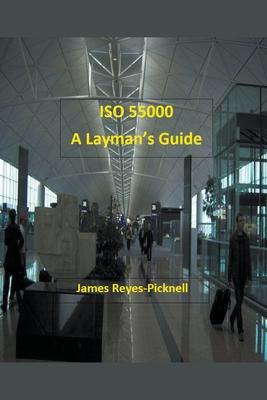Asset Management involves extracting value for the owners and users of physical assets throughout their entire life cycle. Decisions made in design impact on the performance, operability, reliability, and maintainability of physical assets. Get it wrong and life cycle costs can be high. Making changes later in the asset life cycle, say after it is built, or after it has been operating for some time, is difficult and costly, often impractical. Many risks arise from failures of our physical assets resulting in consequences that can injure or kill people, harm the environment, and create substantial business losses. Having a well-designed reliability program based on knowledge of how things fail and what consequences they give rise to, can substantially reduce and mitigate those risks.
Good Asset Management entails a number of activities including demand forecasting, preliminary design, detailed design, acquisition, construction, installation, commissioning, operating, maintaining, modifying, retiring, and disposal of the assets. Most of these activities are managed by different groups, often quite independent of each other, yet having substantial impacts on each others' success. With good Asset Management, we bring together a holistic perspective on managing those assets that reduces our risks, and provides value, however we see it, and at the right cost.
